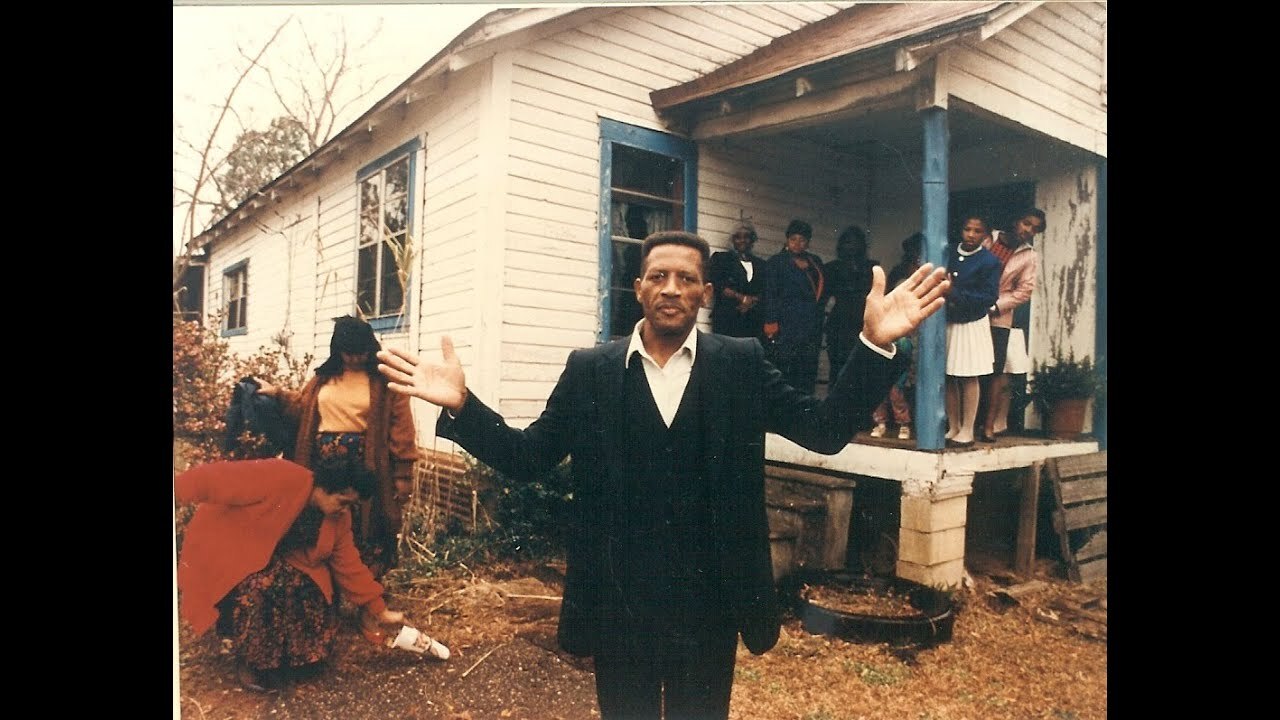
Who was Walter McMillian? Walter McMillian was an African American man from Alabama who was wrongfully convicted of murder in 1988. His case gained national attention due to the glaring injustices and racial biases involved. McMillian spent six years on death row before being exonerated in 1993, thanks to the relentless efforts of attorney Bryan Stevenson and the Equal Justice Initiative. His story was later chronicled in the book and film "Just Mercy," highlighting the flaws in the American justice system. McMillian's ordeal serves as a stark reminder of the importance of fighting for justice and equality.
Key Takeaways:
- Walter McMillian's wrongful conviction and exoneration shed light on the flaws in the legal system, inspiring advocacy for justice and reform.
- Despite facing immense challenges, McMillian's story continues to impact the fight for equality and the pursuit of justice, leaving a lasting legacy.
Early Life and Background
Walter McMillian's story is one of resilience and injustice. Born in a small town, his life took unexpected turns that would later become the subject of national attention.
- Walter McMillian was born on October 27, 1941, in Monroe County, Alabama.
- He grew up in a rural area, working on his family's farm from a young age.
- McMillian attended a segregated school during his childhood, reflecting the racial divisions of the time.
- He dropped out of school in the eighth grade to help support his family financially.
- Despite limited formal education, McMillian was known for his strong work ethic and entrepreneurial spirit.
Wrongful Conviction
McMillian's life changed dramatically when he was wrongfully convicted of a crime he did not commit. This section delves into the details of his arrest and trial.
- In 1986, McMillian was arrested for the murder of Ronda Morrison, a young white woman.
- The arrest was based on the testimony of a convicted felon, Ralph Myers, who later recanted his statement.
- McMillian had a solid alibi, with multiple witnesses confirming he was at a church fish fry during the time of the murder.
- Despite the lack of physical evidence, McMillian was convicted by a jury that included only one African American member.
- The trial lasted just a few hours, and the jury recommended a life sentence.
- The judge overruled the jury's recommendation and sentenced McMillian to death.
Life on Death Row
McMillian spent years on death row, enduring harsh conditions and fighting for his freedom. Here are some facts about his time in prison.
- McMillian was held on death row at Holman Correctional Facility in Alabama.
- He spent six years on death row, from 1988 to 1993.
- His cell was just a few feet away from the execution chamber.
- McMillian maintained his innocence throughout his time on death row.
- He faced severe psychological stress and physical discomfort due to the harsh conditions.
- McMillian's case gained attention from civil rights organizations and activists.
Legal Battle and Exoneration
The fight for McMillian's freedom involved a lengthy legal battle, which eventually led to his exoneration. This section highlights key moments in that journey.
- Bryan Stevenson, a young attorney and founder of the Equal Justice Initiative, took on McMillian's case.
- Stevenson uncovered evidence of police misconduct and witness coercion.
- In 1992, "60 Minutes" aired a segment on McMillian's case, bringing national attention to the injustice.
- The Alabama Court of Criminal Appeals overturned McMillian's conviction in 1993.
- McMillian was released from prison on March 2, 1993, after spending six years on death row.
- His case became a landmark example of wrongful conviction and racial injustice in the American legal system.
Life After Exoneration
After his release, McMillian faced numerous challenges as he tried to rebuild his life. This section explores his life post-exoneration.
- McMillian struggled with the psychological trauma of his wrongful imprisonment.
- He received no compensation from the state of Alabama for his wrongful conviction.
- McMillian's health deteriorated due to the stress and conditions he endured on death row.
- He became an advocate for criminal justice reform, sharing his story to raise awareness.
- McMillian's case was featured in Bryan Stevenson's memoir, "Just Mercy," published in 2014.
- The memoir was later adapted into a film, "Just Mercy," released in 2019, starring Jamie Foxx as McMillian.
Legacy and Impact
Walter McMillian's story has had a lasting impact on the fight for justice and equality. This section highlights his legacy and the changes inspired by his case.
- McMillian's case led to increased scrutiny of the death penalty and wrongful convictions in the United States.
- The Equal Justice Initiative continues to work on behalf of wrongfully convicted individuals, inspired by McMillian's case.
- McMillian's story has been used in educational settings to teach about racial injustice and legal reform.
- His case has inspired other wrongfully convicted individuals to seek justice and share their stories.
- McMillian passed away on September 11, 2013, but his legacy lives on through the continued work of the Equal Justice Initiative.
- The film "Just Mercy" has brought McMillian's story to a wider audience, further highlighting the need for criminal justice reform.
Walter McMillian's Legacy
Walter McMillian's story highlights the flaws in the justice system. Wrongfully convicted, he spent six years on death row for a crime he didn't commit. His case, brought to light by Bryan Stevenson and the Equal Justice Initiative, shows the importance of fighting for justice. McMillian's ordeal inspired the book and movie "Just Mercy," raising awareness about wrongful convictions and racial injustice.
His legacy lives on through continued efforts to reform the criminal justice system. McMillian's experience reminds us of the need for vigilance and advocacy to prevent such injustices. His story isn't just about one man's fight for freedom; it's a call to action for all of us to ensure fairness and equality in the legal system. Walter McMillian's life serves as a powerful reminder of the impact one person's struggle can have on society.
Frequently Asked Questions
Was this page helpful?
Our commitment to delivering trustworthy and engaging content is at the heart of what we do. Each fact on our site is contributed by real users like you, bringing a wealth of diverse insights and information. To ensure the highest standards of accuracy and reliability, our dedicated editors meticulously review each submission. This process guarantees that the facts we share are not only fascinating but also credible. Trust in our commitment to quality and authenticity as you explore and learn with us.


